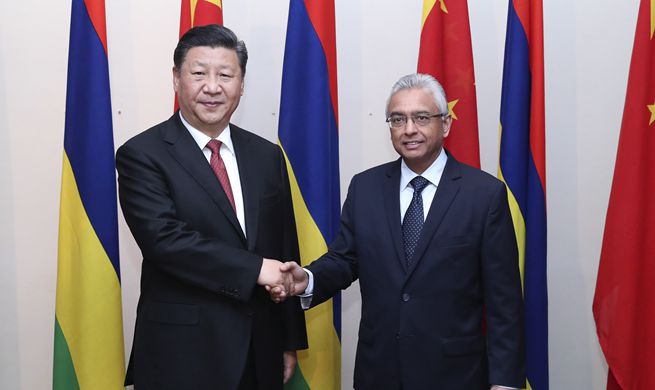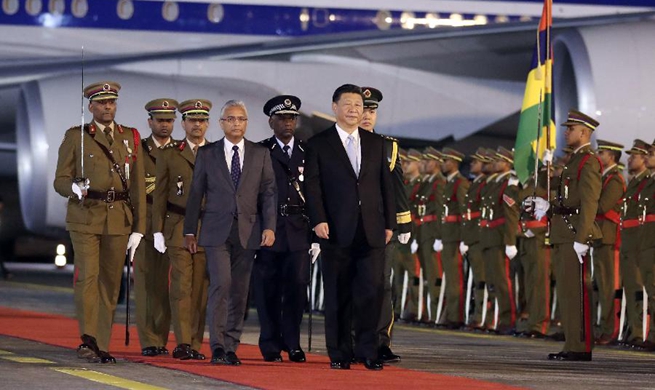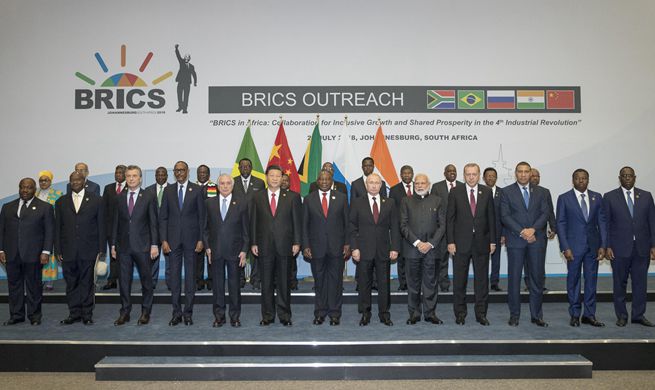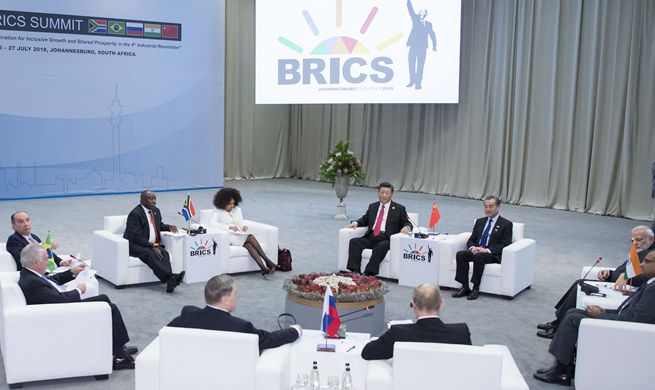KABUL, July 29 (Xinhua) -- Child marriage has been declined in war-torn Afghanistan, said a statement issued by UNICEF here Sunday, adding that "more is needed to end the practice."
"Whilst there has been a reduction in child marriage in Afghanistan, it remains high. In fact, child marriage has dropped by 10 percent over a span of five years," UNICEF, or the United Nations Children's Fund, said in the statement.
Also on Sunday, the Afghan Ministry of Labor, Social Affairs, Martyrs and Disabled and UNICEF launched a first ever comprehensive study on child marriage.
"This study is unique, it not only builds on previous studies, but looks at child marriage in Afghanistan from various angles, providing hence a comprehensive picture of this practice," Minister of Labor, Social Affairs, Martyrs and Disabled Faizullah Zaki was quoted in the statement as saying.
The report findings showed that the security situation, poverty, deeply embedded beliefs and social norms put Afghan girls at a disadvantage.
"Child marriage is an appalling violation of human rights and it robs children of their education, health and childhood," the minister added.
"Since all parents want the very best for their daughters and sons, we must work together to put an end to child marriage," he noted.
"In general, there is a narrow understanding of the negative impact of child marriage on girls. Attention is often focused on the health-related impact of child marriage, with a limited understanding of the impact of child marriage on education, nutrition, and girls'/women's participation in economic development," the statement read.
"Child marriage is slightly declining in Afghanistan, and we commend the relentless efforts of the government to reduce this practice and their strong commitment to child rights," Adele Khodr, UNICEF country representative, said in the statement.
"Yet, further consolidated action is needed by the different actors in society to put an end to this practice and reach the goal of ending child marriage by 2030," she added.
"The study was carried out in five provinces of Afghanistan - Bamyan, Kandahar, Paktia, Ghor and Badghis representing urban, semi-urban and rural areas. Using both qualitative and quantitative research methods, the study highlights multiple factors behind child marriage, complementing already existing studies," according to the statement.
The report noted that in 78 percent of families, fathers are the main decision makers on issues related to marriage, while 55.7 percent of respondents agreed that those to be married must be consulted.

















